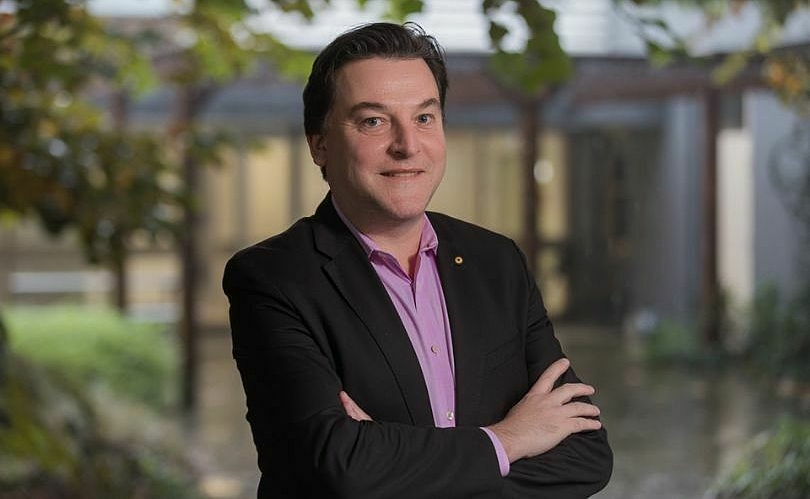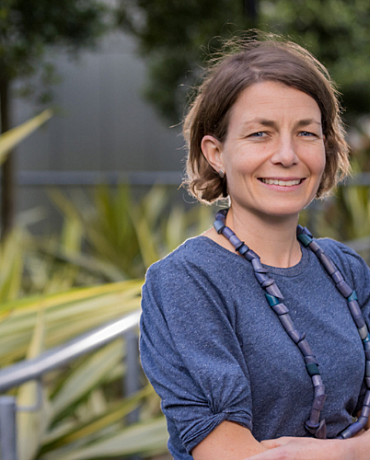There is a perfect storm brewing, largely unnoticed, in the 21st century: the convergence of two high prevalence, high impact and growing groups of brain conditions – mental illness and dementia. While previously these conditions were studied in silos, recent medical research has uncovered a growing body of evidence revealing strong links between the two. It is still uncertain exactly what is cause and what is effect, but what is known is that we are losing our minds at an unprecedented rate and scale. And not just in Australia.
Neuroscience has taught us that above all else, it is the health of our brains that will determine our trajectory through life and particularly as we age. Currently, one in five Australians suffers from a mental health disorder during their lifetime, ranging from depression and anxiety, through to psychotic illness such as schizophrenia, or bipolar disorder. According to the Australian Institute of Health and Welfare, for every 1,000 Australians, one in 15 is affected by a form of cognitive impairment: Alzheimer’s disease and vascular dementia representing the most common causes. The latest WHO statistics indicate that globally, more than 970 million people live with a mental health disorder and 55 million have dementia: 60% of the latter live in middle- to low-income countries. The Western Pacific region, which comprises 37 countries including Australia, houses the largest and fastest-growing ageing population in the world, which will account for more than 50% of global dementia cases by 2050.
Our growing understanding of the interconnectedness of mental health and dementia presents an opportunity to channel this perfect storm and explore novel approaches to prevention, risk reduction, early diagnosis, treatment and care to benefit not just Australia, nor the Western Pacific, but more globally. Families share conditions that affect the brain and the mind. For instance, conditions such as bipolar disease, schizophrenia and autism are more common in the families of people diagnosed with dementia. In turn, that may suggest that psychiatric therapies such as lithium may be useful to treat dementia. And conversely, monoclonal antibody therapies for dementia which treat inflammation in the brain may yet be successfully introduced for psychosis.
On 17 September, NeuRA and The Lancet Regional Health – Western Pacific launched a Dementia Series: global reviews of the best scientific and clinical evidence in order to provide a roadmap for the region. For example, depression and hearing loss have now been added to the list of modifiable risk factors for dementia. Other key risks previously identified include hypertension, obesity, tobacco use, alcohol intake and physical inactivity. The Lancet Commission asserts today that 45% of dementia cases (an increase on prior estimates) could be delayed or reduced if modifiable risk factors were addressed.
Meanwhile, the Productivity Commission calculated that the direct economic costs of mental illness range up to AUD70 billion per year in expenditure and reduced economic productivity. Separately, Dementia Australia estimated the total economic cost of dementia as AUD15 billion per annum. If we worked to address both health issues in tandem, we may potentially solve an annual AUD85 billion problem. And these figures do not take into account the direct and indirect impacts of mental illness and dementia on the individuals affected and their carers.
As one of the few high-income countries in the Western Pacific, Australia is well placed to step up and adopt a leadership position to reduce the rate and scale of mind loss. Australia’s National Dementia Plan can help guide similar initiatives across the Western Pacific, to collectively address the burden of depression and dementia in a fashion that is culturally appropriate and engages local communities. A key priority relates to prevention, and to education: as a region, we must develop education programs to target modifiable disease risk factors, with a specific focus on depression. Allied to education is a need to accelerate diagnostic capacity, while further integrating models of care for both depression and dementia, tailored to the diverse cultural and ethnic groups in the region and expanding supportive services for carers. To achieve these goals, we must close existing research gaps by focusing on the diverse populations within our region. In the face of this need, we must address an imbalance whereby dementia research accounts for less than 3% of the total global health research output.
One of the most alarming findings of the forthcoming series to be published in The Lancet Regional Health – Western Pacific is that across the region, there are many low- to middle-income countries and cultures where brain impairment is simply accepted as a normal part of ageing. And further, that families expect to bear the burden of care. In so doing, they inadvertently liberate governments, health care systems, industry and research enterprises from their responsibility to address the problem. In a new take on the old African proverb “It takes a village to raise a child”, investment in multi-sectoral, collaborative consortia will be required – at both national and international levels – to reduce the cognitive impairments induced through dementia and mental illness. Science has opened the door for us: now we must support global approaches so that we may collectively walk through it, together – but always listening to, and being guided by, the consumer voice: people with lived experience and their carers.





